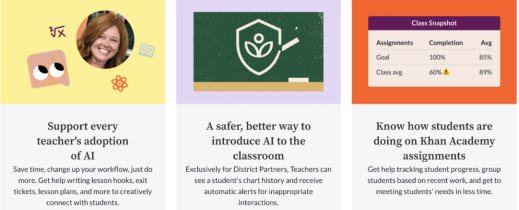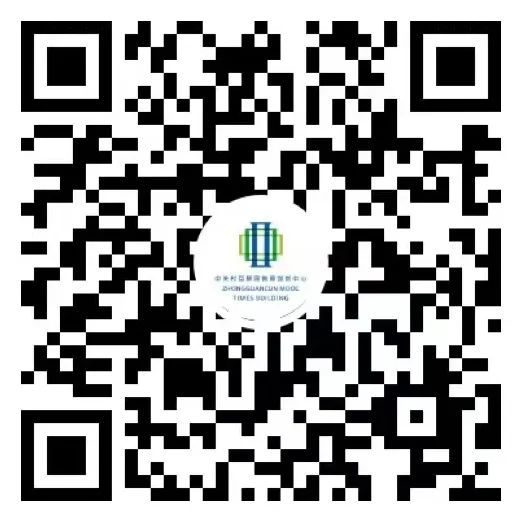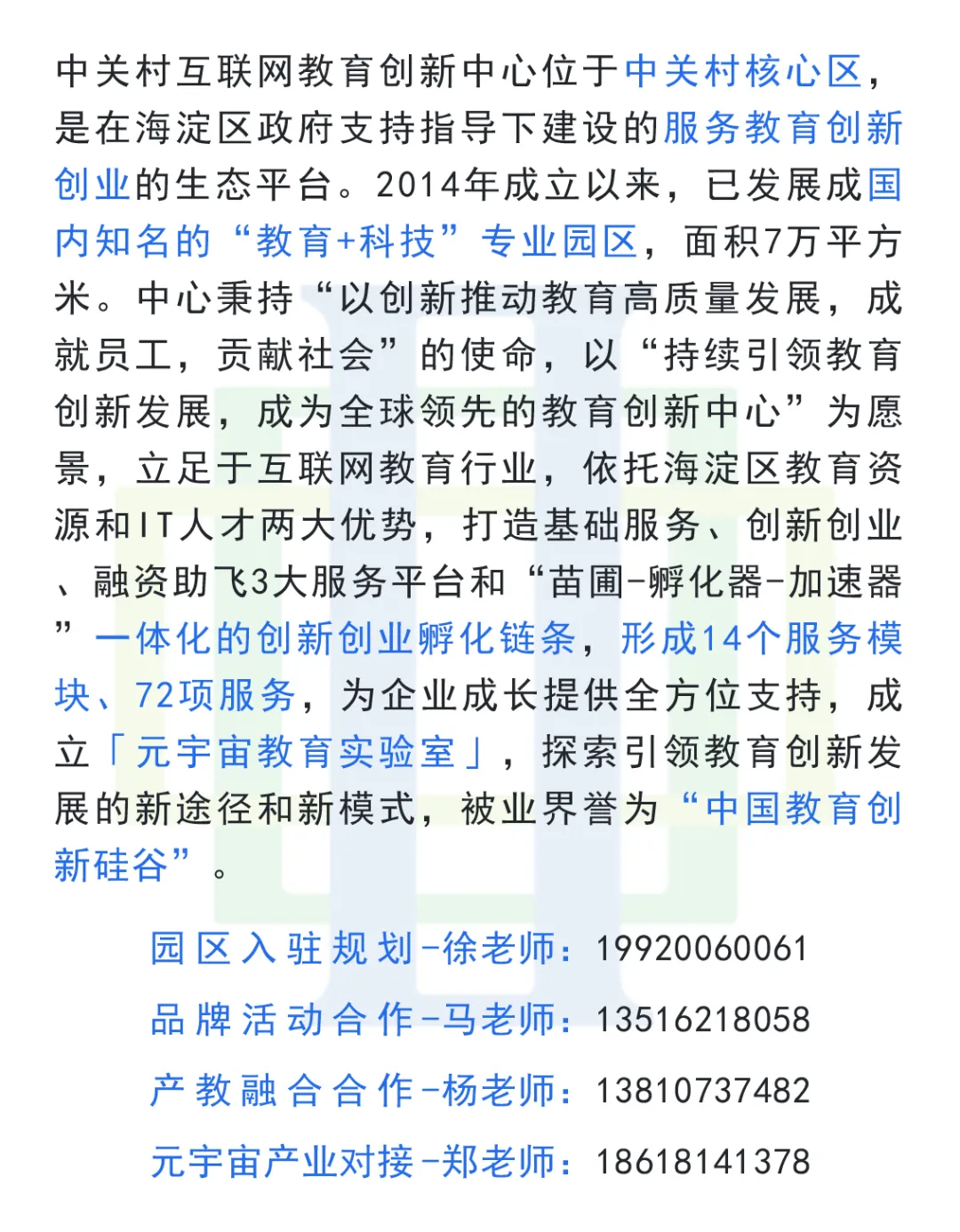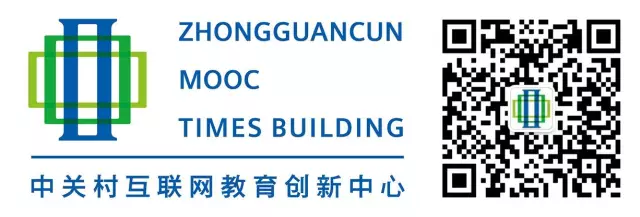The rapid development of artificial intelligence technology has injected new momentum into the systemic transformation of the education sector, accelerating the digital transformation process of education. Many regions are seizing the opportunities of “AI+”, and relevant departments have successively introduced several policies. Among them, the “Haidian District ‘AI+Education’ Three-Year Action Plan (2024-2026)” proposes tasks such as “AI assisting in the enhancement of teacher competency,” “creating Haidian’s characteristic educational AI entities,” and “AI empowering the creation of Haidian’s distinctive educational resources,” focusing on new fields where technologies represented by the new generation of AI empower educational reform, and fully promoting the deep integration of AI with education and teaching.
With the continuous upgrade of training for large language models, the concept of Agents (intelligent agents) is gradually penetrating various industries, with educational applications being a fertile ground for its development. Agents evolve the role of AI in education from merely a tool for efficiency enhancement to a “personalized assistant” with a clear role and positioning, redefining the interaction model of teaching and learning, and driving a comprehensive innovation in educational models and learning experiences. “Yujian ‘AI+'” column today focuses on the practical ideas and typical product applications of AI Agents in subject teaching—
Currently, education is facing various challenges such as uneven educational resources, difficulty in achieving personalized education, low teaching efficiency, and rapidly changing skill demands. Future teaching methods will shift from the traditional one-to-many model to personalized teaching and adaptive learning. AI Agents, with their rich knowledge reserves and professional language processing capabilities, have become “personalized assistants” that integrate functions of listening, speaking, reading, writing, and translation, and their advantages in perception planning, memory, and data processing are inherently aligned with the trends of the future of education, driving comprehensive innovations in educational models and learning experiences.
Practical Ideas of AI Agents in Information Technology Education
Personalized Learning Guidance
Through practical teaching in the information technology discipline, it is evident that the foundational knowledge and abilities of students vary greatly across different grades and classes. AI Agents can analyze students’ learning process data to identify their learning characteristics and needs, providing personalized learning resources and path planning. Similarly, for other subjects, Agents can offer a mathematics intelligent question bank and automatically adjust the difficulty of questions based on students’ answering performance to achieve personalized learning; for students with weak English foundations, the Agent can recommend suitable English technical documents for reading and assist in vocabulary and grammar analysis; for the Chinese language subject, the Agent focuses on enhancing students’ reading comprehension ability, writing skills, and cultural literacy; for programming beginners, the Agent can provide step-by-step guidance from basic syntax to practical projects.
Intelligent Assisted Teaching
The information technology discipline involves a large number of abstract concepts and complex operations, which may pose obstacles for students during the learning process. AI Agents can quickly respond to students’ questions through voice recognition and text analysis technology, providing accurate answers or guiding thoughts. Moreover, Agents can continuously optimize teaching strategies based on students’ feedback, achieving human-machine collaborative teaching and improving teaching effectiveness.
Efficient Grading and Feedback
The traditional grading method for student learning feedback is time-consuming and labor-intensive, making it difficult to be comprehensive and detailed. AI Agents can automatically detect errors and deficiencies in students’ learning feedback and provide detailed correction opinions and improvement suggestions. This not only reduces teachers’ teaching burdens but also allows students to receive timely feedback to adjust their learning strategies. Additionally, Agents can generate learning reports based on students’ learning situations, helping teachers and parents gain a comprehensive understanding of students’ learning progress.
Creating Interactive Learning Environments
The information technology discipline emphasizes practical operations and the cultivation of innovative abilities. AI Agents can interact with students in real-time, creating a more vivid and realistic learning environment through virtual simulations and online programming.
Typical Product Applications of AI Agents
Khanmigo is an AI-powered chatbot developed by Khan Academy aimed at providing personalized tutoring for students. This chatbot, powered by GPT-4, can assist students in learning mathematics, science, and humanities. Khanmigo not only explains complex concepts, such as quadratic equations, and creates related mathematical problems but also encourages learners to independently solve problems through the Socratic method. Besides helping students, it can assist teachers in writing lesson plans and planning courses, deeply integrating AI into every aspect of teaching, allowing teachers to focus more on cultivating students’ comprehensive abilities.
For teachers, Khanmigo can generate various in-depth knowledge assessment questions, helping them conduct targeted teaching based on each student’s misunderstandings. Additionally, Khanmigo can simplify the process of creating grading rubrics by inputting assignment requirements through a user-friendly chat interface, and the AI will suggest different criteria and performance levels. As an AI agent, it is available 24/7, meticulous, attentive, patient, and tireless, which may be challenging for human teachers to achieve. Furthermore, due to its extensive educational training (familiar with all educational methods and best practices), it can develop corresponding interactive teaching plans according to students’ grades and learning levels. Compared to the costs of traditional schools and educational institutions, Khanmigo not only makes personalized tutoring possible but does so at an annual cost of $44, approximately 300 yuan, which is significantly lower than traditional tutoring classes.

The success of Khanmigo lies in its ability to firmly grasp the key to personalized learning through the functionalities of intelligent agents—stimulating independent learning interest and cultivating abilities. Unlike other AI tutoring tools, Khanmigo does not simply provide answers but guides students to find answers themselves, deeply understanding educational materials, ensuring comprehension and knowledge retention. This approach helps cultivate students’ independent learning abilities and problem-solving skills.
In daily teaching cases, Khanmigo is used to ask students reflective questions, stimulating their thinking and problem-solving abilities. For instance, it can simulate historical figures, allowing children to converse with American Founding Father George Washington or renowned scientist Albert Einstein, helping children understand the development of historical events, the thoughts of historical figures, and more through interaction. At the same time, the product continuously improves based on feedback from real-world teachers, aiming to simplify course planning and promote effective classroom teaching. This aligns with the original intention of Salman Khan, the founder of Khan Academy, who believes that AI chatbots will fundamentally change education, and Khanmigo, as part of this, is leveraging the upgrades of intelligent agents to realize this vision.
As model training upgrades and mixed models are applied, it is believed that the capabilities of AI Agents in perception planning, memory, and data processing will further enhance in the future. With the promotion of Agents, teachers will also be liberated from tedious tasks, achieving a complementary human-machine collaboration, injecting more vitality into the innovative development of the education industry.

Follow the Official Video Account
Get More Educational Information
Source丨Compiled from Educational Technology Studies, Multi-Whale
Editor丨Yezi
This article is a reposted and edited article from the WeChat public account “Zhongguancun Internet Education Innovation Center (ID: zgc-mtb)”. The images added after editing are sourced from the internet. This public account does not take responsibility for the views expressed in the article, and it is shared for informational purposes only, without any express or implied guarantee of the accuracy, reliability, or completeness of its content. The copyright of the article and images belongs to the original author. If the shared content infringes your copyright, please contact us in a timely manner, and we will quickly review and handle it.






